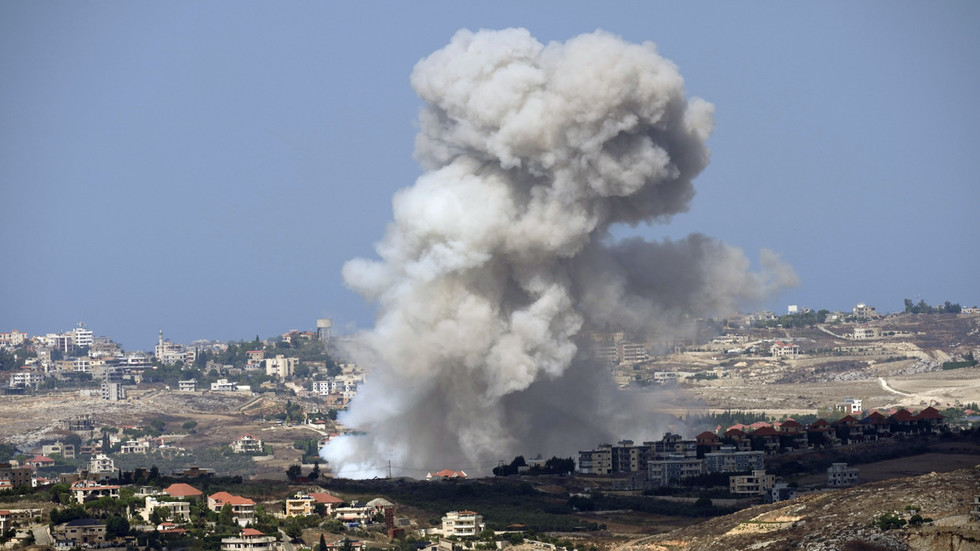Rising Tensions in the Middle East: US Deploys Additional Troops Amid Escalating Israel-Hezbollah Conflict
The geopolitical landscape of the Middle East is once again on the brink of significant upheaval as hostilities between Israel and Hezbollah intensify. The U.S. Department of Defense has announced the deployment of a "small number" of additional troops to the region in response to the escalating conflict. This decision comes after Israel initiated a substantial military offensive against Hezbollah in Lebanon, marking the region’s deadliest clash since the 2006 Israeli-Hezbollah war.
Pentagon spokesperson Maj. Gen. Pat Ryder confirmed the troop deployment on Monday, emphasizing it as a precautionary measure. However, Ryder refrained from disclosing specific details about the number of troops or their operational objectives, citing security concerns. "In light of increased tension in the Middle East and out of an abundance of caution, we are sending a small number of additional US military personnel forward to augment our forces already in the region,” Ryder stated.
The broader context features a robust U.S. military presence in the Middle East, with approximately 40,000 troops stationed across various strategic locations. The U.S. Navy’s warships and aircraft carriers, such as the USS Harry S. Truman and the USS Abraham Lincoln, are deployed to respond swiftly to threats against both Israeli and American interests.
The recent surge in violence follows a period of escalating tensions between Israel and Hezbollah. The catalyst for the current conflict was an incident where thousands of communications devices used by Hezbollah simultaneously exploded, resulting in at least 37 fatalities and around 3,000 injuries, including among children. The situation deteriorated further on Friday when Israeli airstrikes in Beirut killed Ibrahim Aqil, a senior Hezbollah commander. In retaliation, Hezbollah launched numerous rockets into Israel and declared an "open-ended battle of reckoning."
On Monday, Israel launched "Operation Northern Arrows," its largest military operation against Hezbollah in years. The Israeli Defense Forces (IDF) reported striking around 1,600 Hezbollah targets in southern Lebanon and the Bekaa Valley. Chief of Israel’s General Staff, Herzi Halevi, highlighted the significance of these strikes, noting that they targeted vital combat infrastructure that Hezbollah had been developing over the past two decades. According to Lebanon’s health ministry, the strikes have resulted in at least 492 deaths, including 35 children and 58 women, and injured 1,645 people.
Amid this escalating violence, U.S. Defense Secretary Lloyd Austin has been in continuous communication with his Israeli counterpart, Yoav Gallant. Meanwhile, the U.S. Embassy in Lebanon has urged American citizens to evacuate the country. In a parallel diplomatic effort, the U.S. is actively seeking ways to de-escalate the situation. A senior State Department official mentioned that the U.S. is pursuing a political "off-ramp" to reduce tensions and prevent a full-scale war. These discussions are expected to take place on the sidelines of the upcoming UN General Assembly session.
As the international community watches closely, the situation remains volatile. The additional U.S. troop deployment underscores the gravity of the current crisis and the ongoing efforts to stabilize the region and prevent further escalation.
For more information, visit IDF Official Website.
